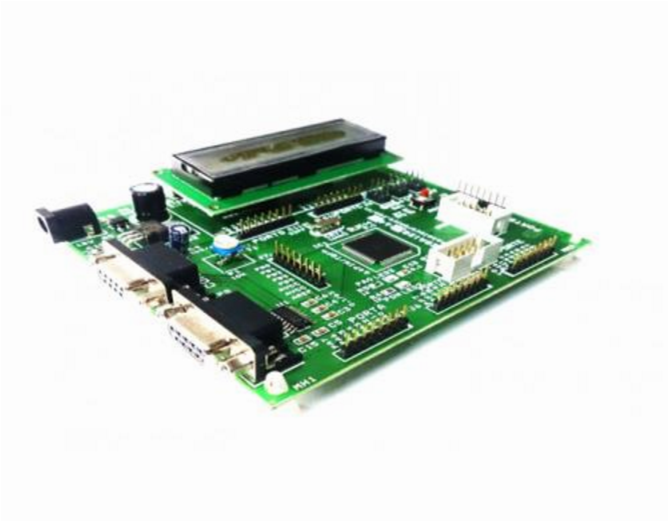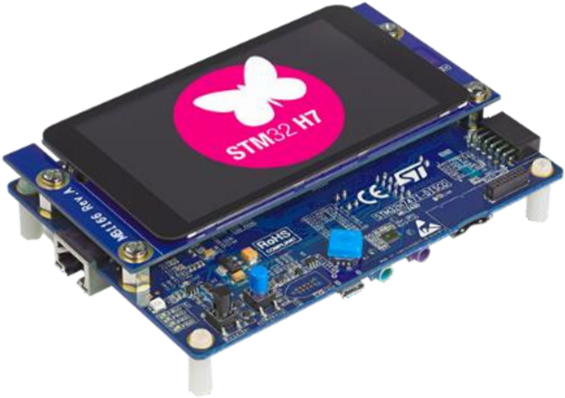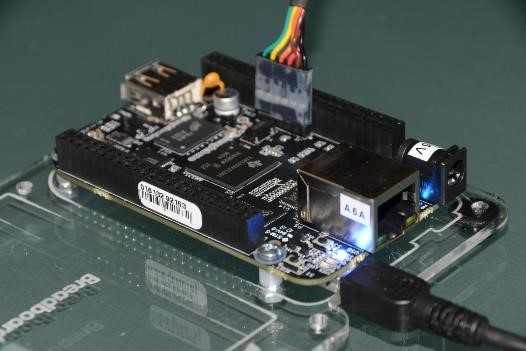PG Diploma in Embedded Systems
PG Diploma in Embedded Systems
Embedded systems are one of the niche areas. The study of embedded systems is a joyful journey students can enjoy! This course is aimed at getting you started with this journey. Though theoretical concepts are important, they are worthless and not fun without hands on. Our focus will mostly be hands-on training rather than the rot theory part!
| Duration : 6 Months | Eligibility : |
| 1. Beyond Eng Designs Admission Entrance Test:
|
2. Interview:
|
Enquiry Now
About this course
Embedded systems are one of the niche areas. The study of embedded systems is a joyful journey students can enjoy! This course is aimed at getting you started with this journey. Though theoretical concepts are important, they are worthless and not fun without hands on. Our focus will mostly be hands-on training rather than the rot theory part!
Syllabus
1. Introduction to Linux:
2. Fundamentals of C:
3. Data Structures:
4. Embedded Microcontroller Programming:
5. OS and Linux System Programming:
6. Linux Device Drivers:
7. Version Control Using Git:
Syllabus for Beyond Eng Designs Admission Entrance Test:
• C Programming:
The test will evaluate candidates’ understanding of fundamental C programming concepts, including data types, variables, operators, control flow, functions, arrays, strings, pointers, structures, unions, and file handling.
• C++ Programming:
Candidates will be assessed on their knowledge of object-oriented programming (OOP) in C++, covering classes, objects, inheritance, polymorphism, templates, exception handling, and file operations.
• Digital Electronics and Microcontrollers:
The test will include questions related to digital electronics fundamentals, such as number systems, logic gates, and combinational circuits. Additionally, participants will be tested on their understanding of microcontrollers, including architecture, features, programming in C, and interfacing with peripherals.
• Operating Systems:
Questions on operating systems concepts will be included in the test, covering processes, memory management, file systems, process synchronization, communication, and an introduction to Real-Time Operating Systems (RTOS).
• Aptitude and Logical Reasoning:
Candidates will be evaluated on quantitative aptitude, covering basic mathematics, algebra, geometry, as well as logical reasoning with an emphasis on analytical and critical thinking.
For comprehensive preparation, candidates are advised to refer to the following reference books:
Prospective students are encouraged to reach out to the admissions office for further details and application procedures. The syllabus and reference books are subject to periodic review, and candidates are advised to check for updates on the institute's official website.
How this course will benefit you?
Course Kit contents
Why Choose Beyond Engineering Designs?
Industry-Driven Expertise:
Our training programs are designed to align with the fast-paced technological landscape. Learn from experienced professionals who impart practical insights and skills directly applicable to real-world challenges in embedded systems, mechanical design, and software development.
Empowering Tomorrow's Innovators:
We are more than just a training institute; we are a dynamic hub that empowers dreamers and visionaries to engineer extraordinary solutions for tomorrow's world. Our mission is to equip you with the tools and knowledge needed to thrive in this ever-evolving field.
Hands-On Learning:
Theory alone isn't enough. Our hands-on learning approach allows you to actively engage with real- world projects and innovative challenges, enhancing your problem-solving skills and deepening your understanding of concepts.
Industry Titans as Mentors:
Learn from the best in the field! Our mentors are industry titans with extensive experience and a proven track record of success. They share valuable insights and best practices, offering a holistic perspective beyond textbooks.
Customized Learning Journey:
Tailor your learning journey to match your interests and goals. Whether you want to specialize in embedded systems, dive into mechanical design, or master software development, we have courses to match your ambitions.
Career-Focused Approach:
Your success is our priority. Our robust job assistance program provides guidance in building an impactful resume, honing interview skills, and connecting you with industry partners to jumpstart your career.
Cutting-Edge Labs and Technology:
Innovation requires access to cutting-edge tools and technology. Our state-of-the-art labs offer the latest resources for you to experiment, explore, and develop your ideas.
Proven Track Record:
We take pride in transforming the passion for technology into successful careers. Our numerous success stories are a testament to the impact our training has on learners like you
Placement Activity
Development Kits used

ATMEGA-128A DEV BOARD 1
Specifications:

STM32H735- DISCOVERY KIT 1
Specifications:

